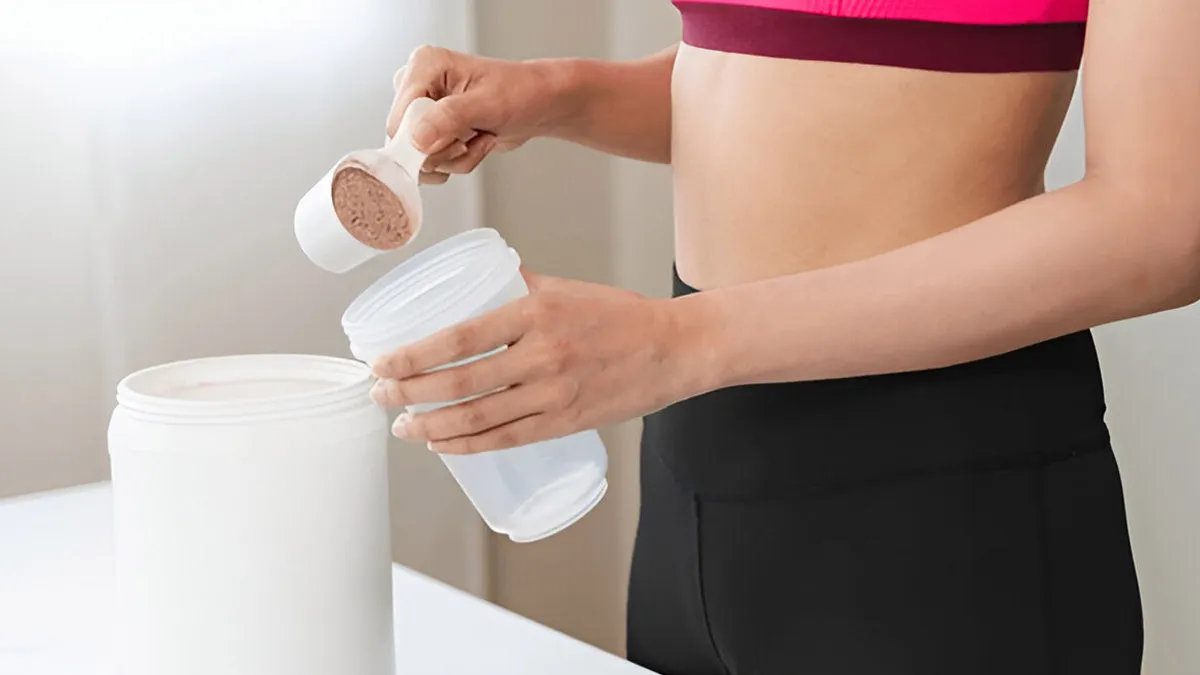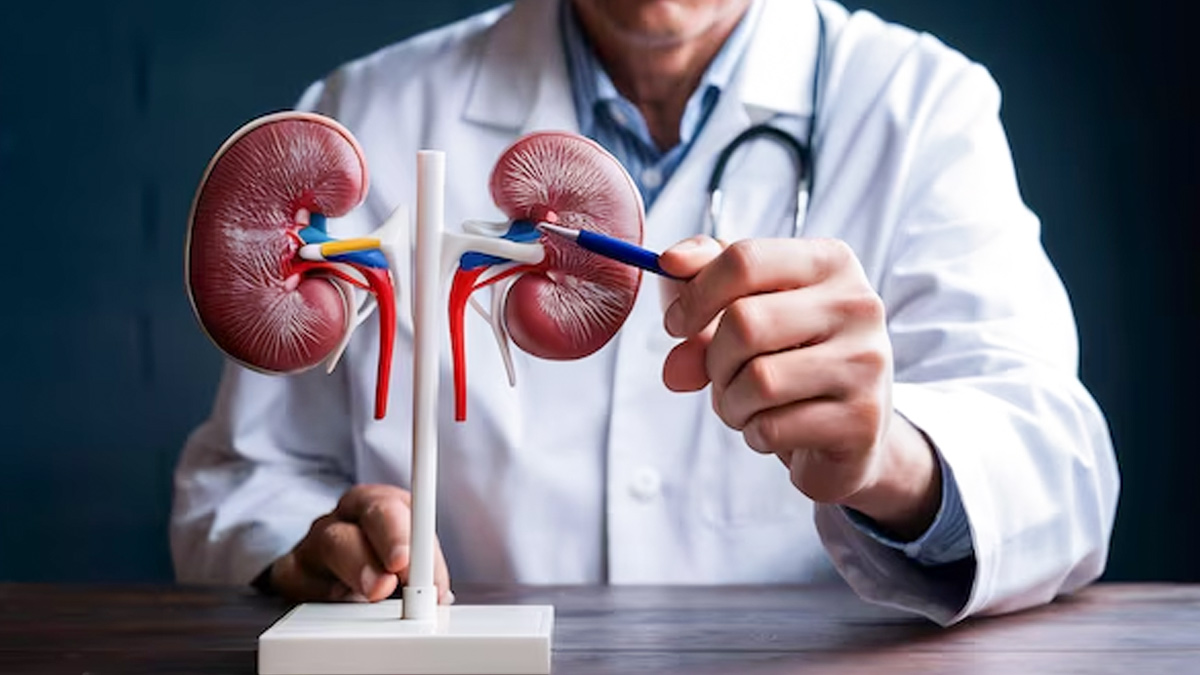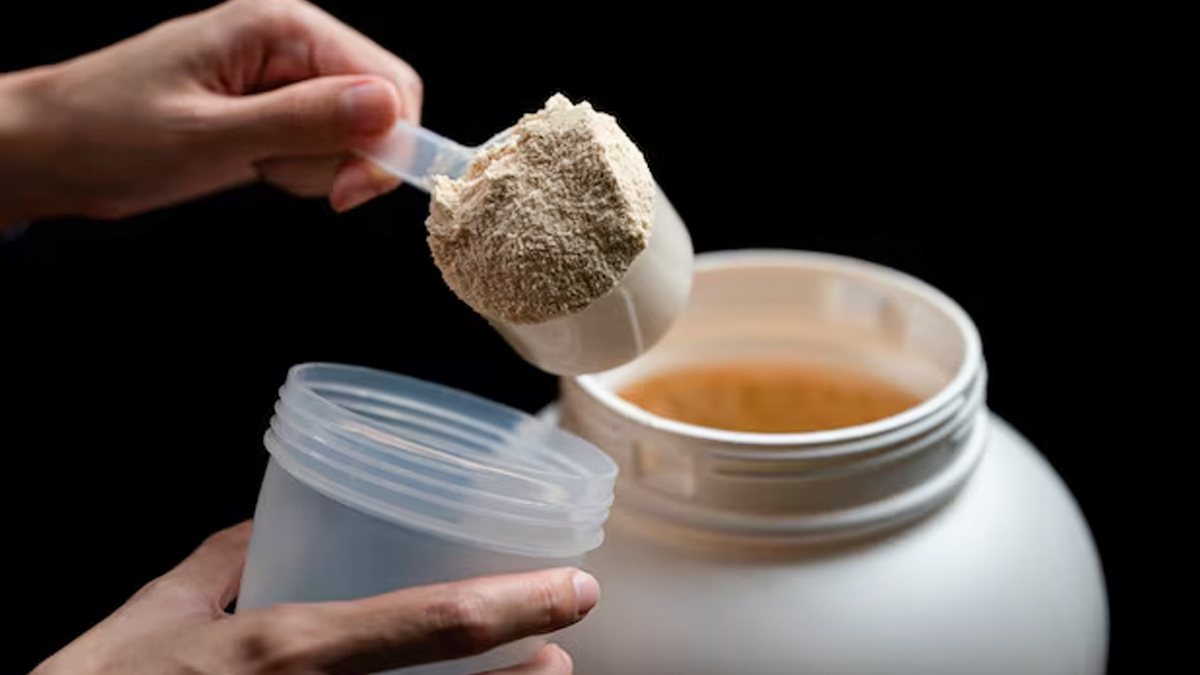
Protein shakes and powder tubs have become as common in gym bags as towels. For those seeking muscle, strength, or a leaner physique, increases in daily protein intake are often viewed as harmless, even heroic. But kidneys do the heavy lifting when it comes to handling the metabolic aftermath of a high-protein diet. When abundant protein is combined with poor hydration, regular use of certain supplements, or pre-existing health risks, the result can be more than a temporary strain.
Table of Content:-
We spoke to Dr Anil Kumar BT, HOD and Senior Consultant Nephrologist and Chief Transplant Physician, Gleneagles BGS Hospital, Bengaluru,who explained the impact of gym culture on kidney health.
What Happens to the Kidneys After a Big Protein Load?

Protein digestion yields amino acids and nitrogenous waste. The kidneys remove that waste, chiefly as urea, and adjust filtration accordingly. After a protein-rich meal, the kidneys increase glomerular filtration in a physiological response called hyperfiltration. “Occasional spikes are normal. Sustained, very high protein intake keeps the kidneys working harder day after day. Over time, this persistent hyperfiltration may contribute to structural stress in susceptible individuals. Dehydration amplifies the effect, resulting in less fluid, more concentrated urine, a higher solute load, and a greater risk of stone formation or acute kidney injury in extreme cases,” explained Dr Kumar.
Who is At Risk?
Not everyone who drinks a protein shake will harm their kidneys. For healthy young adults without diabetes, hypertension, or kidney disease, moderate protein increases within athletic ranges generally seem safe in short-term studies. Concerns arise when several risk factors overlap:
- Health conditions: Pre-existing kidney disease or reduced kidney function (even mild).
- Chronic dehydration: Common after intense workouts, saunas, or long training sessions without adequate fluid replacement.
- Dietary Factors: High consumption of animal protein combined with low fruit and vegetable intake (increasing renal acid load).
- Medication Use: Use of NSAIDs for post-workout pain — these drugs can impair kidney blood flow.
- Supplement Risks: Frequent intake of large doses of unregulated supplements that may contain contaminants.
In people with established chronic kidney disease, high-protein diets have been associated with faster loss of kidney function; for them, dietary protein often needs careful restriction and medical supervision.
Also Read: Can There Be Side Effects On Supplements Of Kidneys? Here's What You Should Know
Protein, Stones, and Supplements

High dietary protein increases urinary calcium and reduces citrate, two shifts that promote stone formation in susceptible individuals. Dehydration compounds this risk by concentrating minerals in the urine. “Creatine, a widely used ergogenic aid, is generally safe when used appropriately, but combining creatine with heavy protein loads, stimulants, or insufficient fluids places an extra metabolic burden on the kidneys. Importantly, some commercial supplements are contaminated with undeclared substances, heavy metals, or excessive minerals, another potential threat,” added Dr Kumar.
According to a 2020 study, the daily recommended protein intake is 0.83 g/kg per day, designed to meet the needs of 97%–98% of the population (two standard deviations above the estimated average requirement). While there is no universally agreed-upon definition for a high-protein diet, it is typically characterised by protein consumption between 1.2 and 2.0 g/kg per day, with intake exceeding 1.5 g/kg per day generally classified as a high-protein diet.
How to Recognise Trouble Early
Symptoms are often subtle. Persistent dark or foul-smelling urine, decreased urine output, new-onset foamy urine (suggesting proteinuria), swelling of the ankles, or unexplained fatigue should prompt evaluation. Acute severe pain in the back or flank, fever, or a sudden drop in urine volume are red flags demanding urgent assessment.
Clinically useful, noninvasive checks include a basic metabolic panel (serum creatinine and estimated glomerular filtration rate), urine dipstick for protein, and a urine albumin-to-creatinine ratio if protein is suspected. For most active individuals who choose high protein diets, a baseline kidney function test and periodic monitoring (timing determined with a clinician) is a sensible precaution.
Practical Rules that Protect Kidneys and Performance

- Balance protein with fluids: Sip throughout the day; rehydrate before, during and after intense sessions. Pale, straw-coloured urine usually indicates adequate hydration.
- Aim for appropriate protein targets: General recommendations for those in strength training range from roughly 1.2–2.0 g per kg body weight daily, depending on goals and training load; extremely high intakes (>2.5 g/kg) are rarely necessary and deserve medical oversight. (Exact needs should be personalised.)
- Prefer whole foods first: Whole-food proteins bring additional nutrients and less processing than many powders.
- Medication usage: Avoid routine NSAID use for workout pain; discuss safer pain-management strategies.
- Wise supplementation usage: Choose reputable supplement brands and avoid megadoses. If a supplement is taken regularly, discuss it with a clinician and consider periodic blood testing.
- Screen for risk factors: Check your blood pressure, blood sugar and baseline kidney function. Those with diabetes, hypertension, or family history of kidney disease should consult a physician before starting very high-protein regimens.
Bottomline
Dr Kumar, “Gym culture prizes progress and gains. That same ethos can encourage habits that stress the body’s filtration system: excessive protein, low fluid intake, and unchecked supplement use. For most healthy young adults, sensible protein increases paired with good hydration and a balanced diet will not harm the kidneys. But when protein is piled on without those safeguards, or when underlying vulnerabilities exist, the kidneys pay a price. Simple vigilance: drink well, track symptoms, and check basic kidney markers periodically keeps performance plans productive rather than perilous.”
[Disclaimer: This article contains information provided by an expert and is for informational purposes only. Hence, we advise you to consult your professional if you are dealing with any health issue to avoid complications.]
Also watch this video
How we keep this article up to date:
We work with experts and keep a close eye on the latest in health and wellness. Whenever there is a new research or helpful information, we update our articles with accurate and useful advice.
Current Version